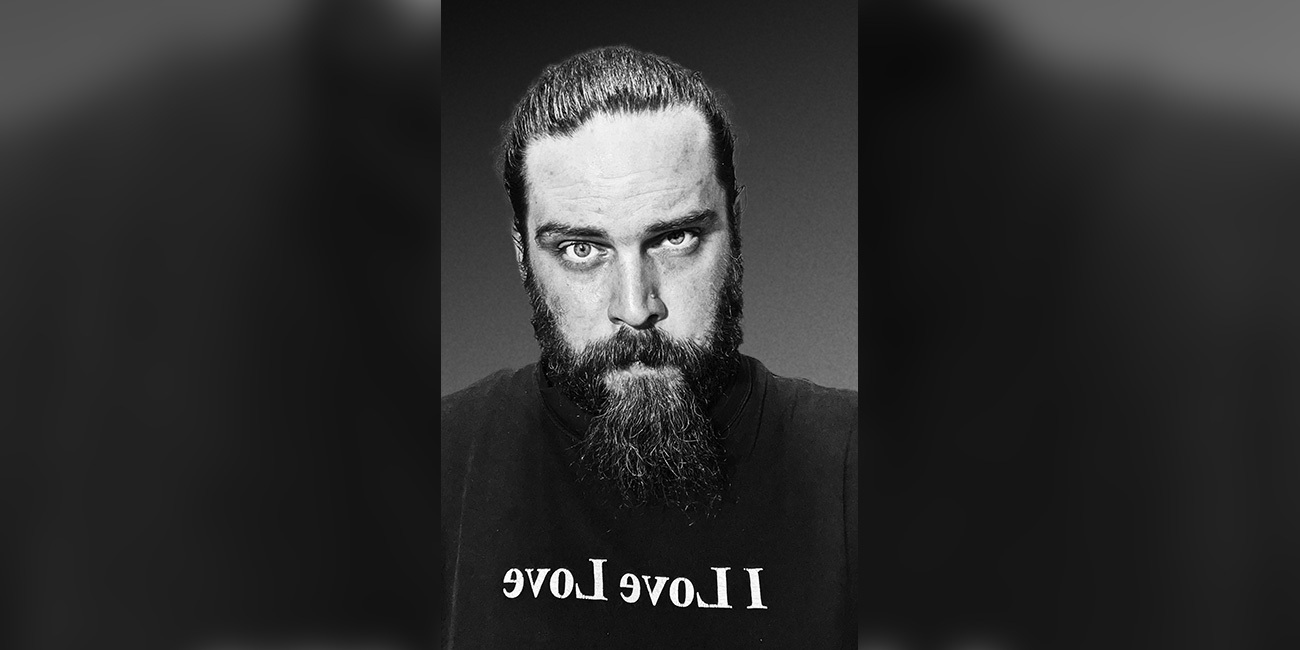Editor’s Note: The Daily Item sat down with each of the three candidates — incumbent Ted Bettencourt, Rochelle Agneta, and Rob Stevens — running for mayor of Peabody to discuss their campaigns and their goals for the city. A preliminary election set for Sept. 12 will trim the field down from three to two candidates.
PEABODY — Rob Stevens wants to create a government that actually works for the people. The longtime radio host, who is now involved in a unionization push at a Beverly Starbucks where he works part-time, believes that cities need to do more to look out for the interests of the common man.
Stevens, much like fellow mayoral candidate Rochelle Agneta, has no prior government experience. Both Agneta and Stevens are squaring off against incumbent Mayor Ted Bettencourt during the city’s primary elections next Tuesday.
The father of four said he spent considerable time weighing whether or not to run for mayor, but ultimately threw his hat in the ring upon learning Bettencourt had never been challenged in a reelection campaign — a fact Stevens said seemed undemocratic.
“How are we being pushed for new ideas? How are we challenging ourselves to bring out the best and not be complacent and… ultimately, it was to be able to give the people a choice,” he said. “I know the working class better than any of these candidates. I come from the side of the tracks where I understand what it’s like to not have a car, have to make rent when rents are going up. Try to figure out how you pay for a 30% increase in water (rates). And I don’t think a lot of the people that are running things are having those struggles daily.”
“They can’t be what they don’t know,” Stevens continued.
That focus on the working class is a central theme of Stevens’ campaign.
He decried the lack of purchasing power on behalf of the average resident, the inflated prices of groceries, and the fact that major corporations, like Starbucks, are often not required to pay their fair share. Stevens acknowledged that making major change to systemic issues while serving as mayor of Peabody will be difficult, but he said he would rely on those around him for advice.
“The number one thing is hearing from the community. I think people have sometimes the greatest ideas — they’re just not heard from,” he said.
One of Stevens’ boldest proposals is that of a universal basic income, an issue he acknowledged is “taboo in our culture.” He called on the city to begin setting aside tax revenue to aid residents with routine costs like utility bills or medication.
“The costs are rising,” he said.
Stevens also pushed for fewer barriers to community involvement, saying he “hated” seeing children “paywalled” from joining programs or events, and lobbied for increased green energy in Peabody, whether it be through the implementation of wind power, solar power, or a different alternative-energy source.
Despite never holding elected office, Stevens said he believes his experience in radio — serving as on-air producer for the Hill Man Morning Show on WAAF in Boston — would lend itself to overseeing a city.
“Having the correct people around me is probably the most vital thing,” he said. “If I’m the dumbest guy in the room, I’m the happiest guy in the room because that means that I’ve surrounded myself with people of different intellects and different categories that will have a different toolset to tackle different things.”
“I can build a team like no other,” Stevens added.
Stevens did not criticize specific projects taken on by Bettencourt, instead saying he believes there should be greater transparency from City Hall about how decisions are made and what work is being done to aid residents.
As mayor, Stevens would also serve as School Committee chair, and as a parent, he said he had seen firsthand the value of the work of school administrators.
“The people that are running these programs already in place are wicked smart,” he said. “I think there’s a great group of people in there that I would love to bring my perspective to, whatever their vision going forward is.”
Stevens also said he would ensure schools get the money they need in the budget each year and encourage expansion of course offerings and extracurricular activities.
“My one vision is to make sure all kids, especially disadvantaged kids, have the same access as anyone else within this town, so we’re providing a better future for all of them, so nobody feels hopeless,” he said.

